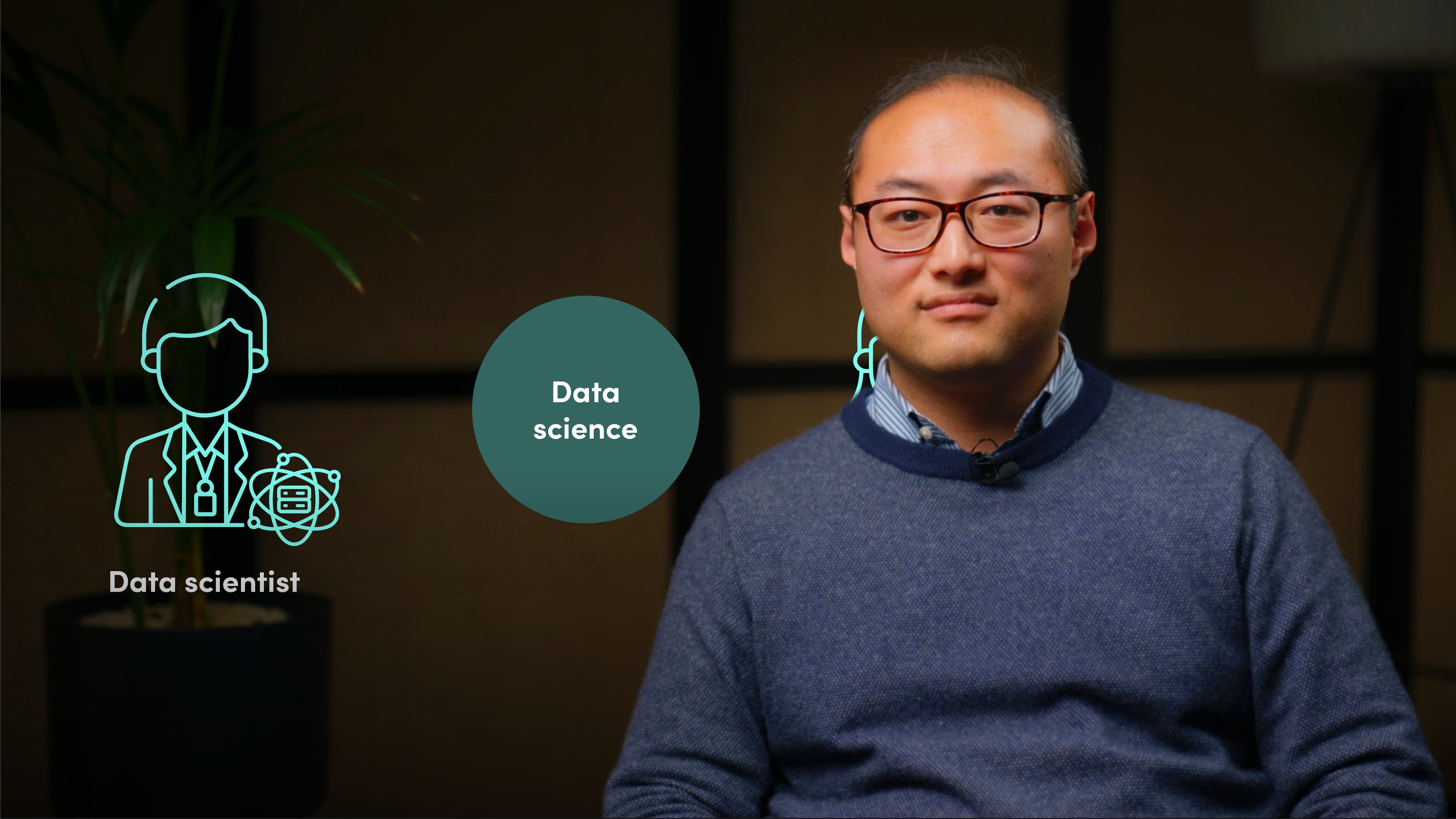
Accelerating Climate Action with AI

James Zhang
10 years: CEO and co-founder
Climate-related data is booming. More organisations are publishing data related to their net zero targets and sustainability commitments. But how can we track it all? Join James Zhang as he explains how artificial intelligence is solving climate data challenges.
Climate-related data is booming. More organisations are publishing data related to their net zero targets and sustainability commitments. But how can we track it all? Join James Zhang as he explains how artificial intelligence is solving climate data challenges.
Subscribe to watch
Access this and all of the content on our platform by signing up for a 7-day free trial.

Accelerating Climate Action with AI
11 mins 14 secs
Key learning objectives:
Understand how AI is addressing data challenges in climate change
Describe the types of net zero-related queries AI can now answer
Identify the techniques machine learning uses to provide reliable and accurate climate data
Overview:
As more organisations, governments and regulatory bodies issue climate reports and sustainability-focused documents, the human power needed to process this data is becoming increasingly challenging to manage. With the advances in artificial intelligence, it is now possible to leverage technology to analyse, understand and verify net zero pledges and other sustainability commitments in a more efficient way.
Subscribe to watch
Access this and all of the content on our platform by signing up for a 7-day free trial.
Subscribe to watch
Access this and all of the content on our platform by signing up for a 7-day free trial.

James Zhang
There are no available Videos from "James Zhang"





























